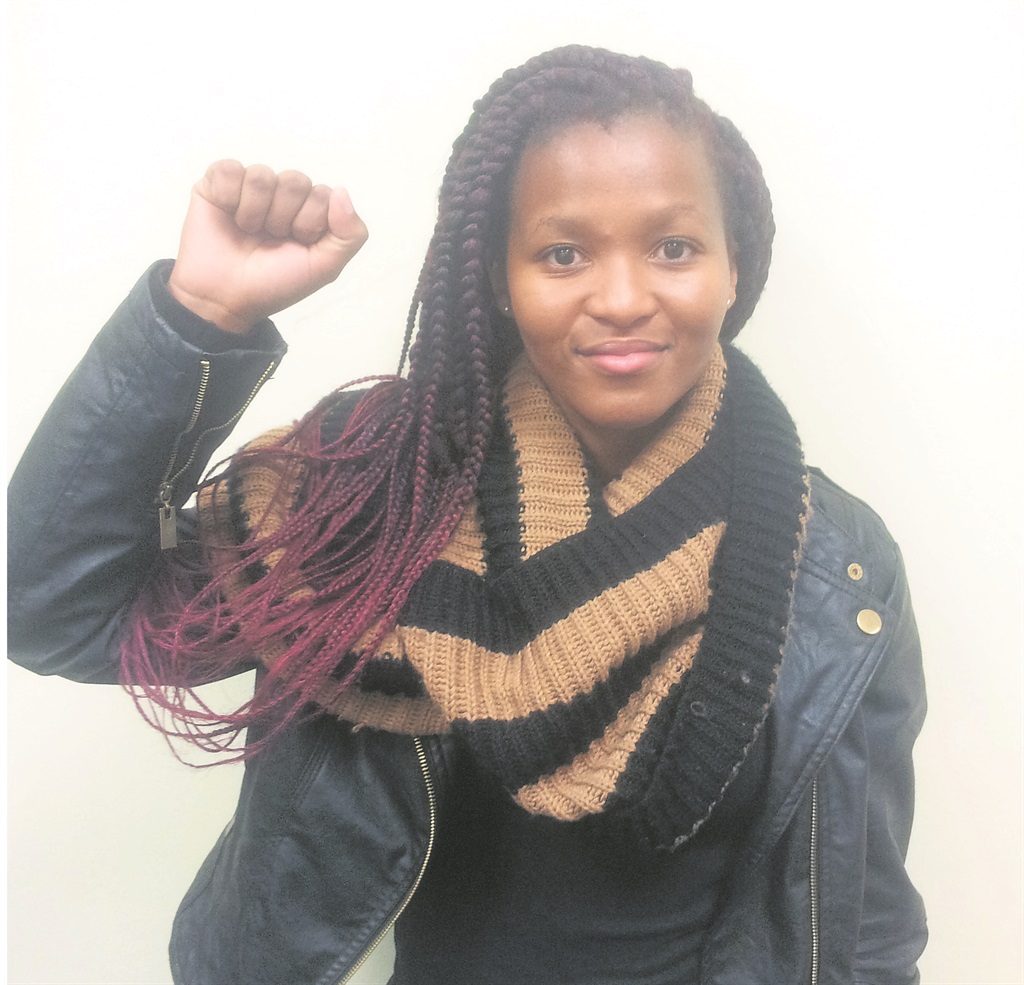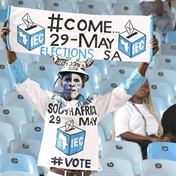
It is that time of the year where the country celebrates youth month, honouring and commemorating the legacy of the radical and militant youth of 1976.
Young black people who fought against policies that forced them to learn in Afrikaans, which led to over 100 of them being massacred by police.
During this month we usually take time to look at the changing narrative of youth in the country through various slogans and governmental and political events that, year after year, continue to distort the essence of June 16 in particular.
There will be many speeches and lectures given by our leaders – selectively applauding the class of 1976 for their courage, resilience and determination in fighting against injustices – in order to gain political relevance. The Soweto student uprising of 1976 will forever be remembered as a decisive moment in the struggle against apartheid.
It marked a clear demonstration of youth urgency, and beyond that it set a precedent for the role young people of coming generations could play in their country’s future.
South Africa experienced similar radical youth activism during the biggest student protest movement in democratic South Africa, nearly 40 years later after the Soweto uprising – Fees Must Fall. Young “born-free” activists rallied and fought to achieve the real social and economic change that their counterparts in 1976 had fought and died for.
As we celebrate youth month, we must also reflect on the level of complacency in dealing with various youth challenges shown by the older generation in government (the black elites) and the private sector (“white monopoly capital”).
There is a great deal of lip service paid to challenges, rather than instituting practical measures to mitigate and work towards solving the issues. These interest groups have a posture that suggests that they have plans and a unique approach to tackle the challenges young people are facing, but in reality they actively stand in the way of progress on matters that require radical and urgent solutions.
The methodology they use is built explicitly to advance slow and gradual politics that have benefited them and their comrades for decades.
It is unfortunate that this elite leadership will not live with the economic decisions they are making. South Africa is suffering today because of bad economic decisions made by selfish leaders.
Youth involvement threatens the imbalance of the power that favours the adult, mostly male-dominated society which promotes and perpetuates elitism, colluding, the exploitation of women and children, and the making of economic decisions.
It is the norm for these leaders to patronise young people because the former exist within a political structure that has been built to accommodate their type of politics: a slow and bureaucratic process overseen by people who have far more invested in their own reputations and interests than in those they represent.
A typical example of this is the renowned youth desk of the ANC Youth League. The ANCYL does not tackle the challenges South African youth are facing.
Instead it is embedded within the politics of money, the protection of personality cults and the defence of kleptocracy, rather than focusing on reviving activism in its cadres to serve the youth.
This behaviour of the ANCYL has been rewarded by getting better Cabinet positions and greater political power – the complete opposite of the ANCYL led by giants like Anton Lembede, OR Tambo, Walter Sisulu, Nelson Mandela and others, who could not be deterred by any possibility of incarceration and death.
That generation had urgency and took relevant steps to face the enemy of the day. They did not only theorise the introduction of new methods of the struggle, but were always at the forefront of implementation.
If there’s one word to sum up today’s political pace, perhaps it is urgency. South Africa’s population of 54 million is largely made up of young people, with 66% of the total population below the age of 35 years. The government acknowledges the potential and wealth of having such a young population.
However, the country has failed to recognise the energy and resourcefulness of its young people. The government has only recently decided to declare the high youth unemployment as a national crisis.
Young people today are suffering, despite the television projection of success. They are better educated than ever, but that education has not taken place alongside an increase in wealth acquisition.
The scale and depth of youth unemployment is absolutely shocking and causes huge social and economic damage right across the board.
An economic boycott by the youth would be an extremely powerful agenda movement, but it will not work for the following reasons: the youth do not have that type of commitment to one another, have no obligation to the collective, have no interest in the progress of their fellow comrades and are intentionally egotistical and individualist about their personal pursuits.
The root of unemployment is not only a lack of jobs; a key underlying issue is also the inadequately educated workforce. This challenge is likely to be amplified in the coming years due to the fourth industrial revolution.
According to the 2016 World Economic Forum’s Future of Jobs study, there could be a net loss of over 5 million jobs in 15 major developed and emerging economies, including South Africa. The study highlights that skills demands will change significantly over the next couple of years, which points at the importance of aligning education with skills needed in the labour force.
The following urgent interventions ought to made: a) Support growing and innovative youth entrepreneurs with leadership development opportunities, finance, lower data costs, access to markets and removal of red tape;
b) Include leadership and digital skills in training and education systems to increase the success of young job seekers;
c) Leverage technology to drive impact and scale; and
d) Create direct links between the private sector and education and training institutions.
Young people must have access to education and training that equip them with the skills employers need. From young people come the optimism, creativity, hope, energy and forgiveness that is urgently needed in this country.
Their energy and idealism propel them to take risks, to look beyond obstacles, and to develop innovative solutions.
Youth leaders thrive in collaborative learning environments that emphasise the knowledge, skills and resources needed to maximise their contributions. Youth month is a constant reminder that the youth of today have an imperative role to play in society.
The baton has been long handed over to continue the legacy of the youth of 1976 in creating a truly open and fair society. However, until the youth hate complacency and taking the back seat more than they hate one another, nothing is going to change.
The youth problem is primarily mental. Young people are the majority in South Africa and have the capacity to lead in all spheres, but the lack of cultural commitment to their cause will delay the revolution.
The youth cannot afford to lose this fight, they need to learn how to rally. If young people do not collaborate and share information they will not survive this genocide (Genocide: Any systematic programme put in place that seeks to harm in part or whole and entire groups of people and manifests itself as unfair treatment or any other quality of life issue that significantly diminishes that people’s ability to live a comfortable life.)
To sacrifice progress and change for pride and self-interest has certainly been business as usual in South Africa for the past 25 years, but it’s this business as usual that got us into this position.
It will have to be youth urgency that saves us all.
Pahle is the managing director of SIP Media




 Publications
Publications
 Partners
Partners








